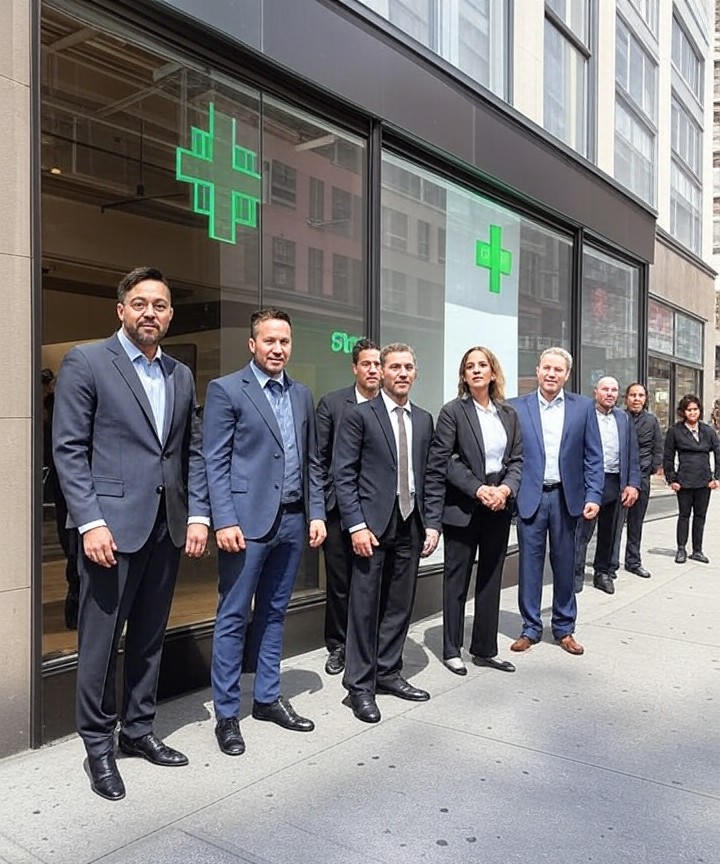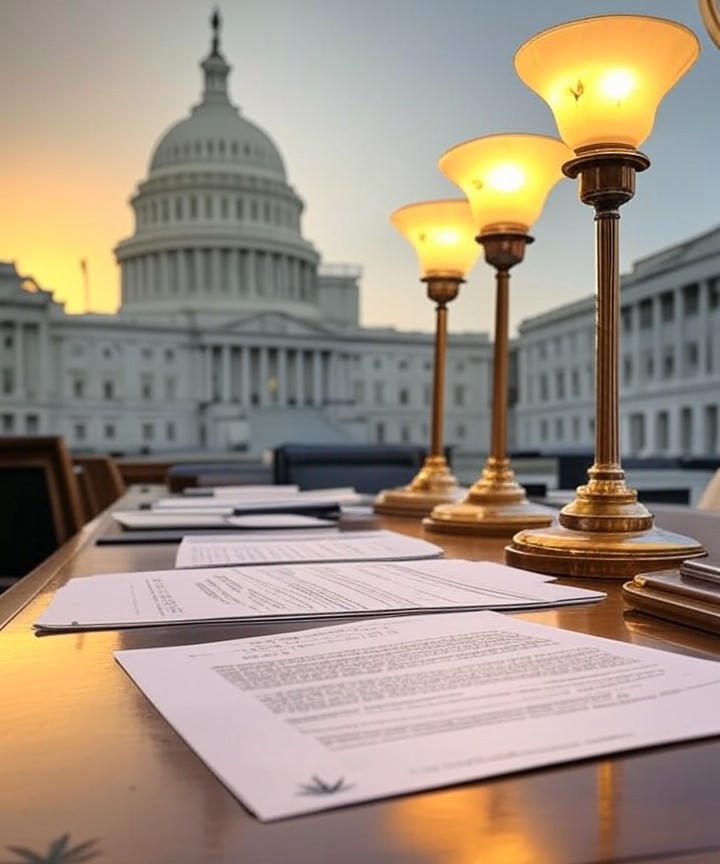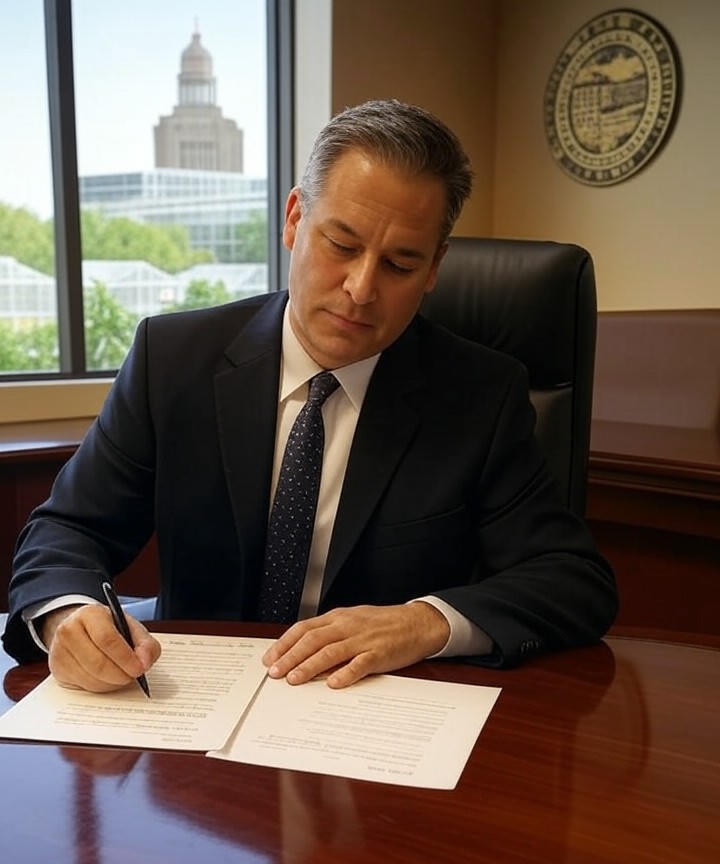Supreme Court Justices Weigh In on Truck Driver’s RICO Claim
The Supreme Court heard arguments on Tuesday in the case of Douglas Horn, a truck driver who was fired after using a product marketed as being free of THC, the psychoactive ingredient in cannabis. Horn is suing the product’s manufacturer, Medical Marijuana Inc., under the Racketeer Influenced and Corrupt Organizations Act (RICO), alleging that the company’s false advertising and racketeering activity injured him in his business or property.
A majority of the justices appeared inclined to rule in Horn’s favor on the narrow question of whether he suffered an injury in his business or property. However, the court also acknowledged that Horn would still need to overcome additional hurdles to prevail in his lawsuit.
Horn’s case began when he used a product called Dixie X, which was advertised as containing “0 percent THC.” Despite conducting his own research and testing, Horn failed a drug test and was fired from his job. He then sued Medical Marijuana Inc. under RICO, alleging that the company’s false advertising and racketeering activity injured him in his business or property.
The Supreme Court has previously held that the phrase “business or property” in RICO excludes suits for personal injuries. However, the justices on Tuesday seemed to be leaning towards a more expansive interpretation, with several justices suggesting that Horn’s injury was not personal, but rather a business-related loss.
Justice Sonia Sotomayor noted that there is “a whole lot more to RICO than simply damages,” indicating that any victory Horn might win would be provisional and would require further proceedings in the lower courts.
The justices also debated the issue of proximate causation, with Justice Elena Kagan arguing that the defendants’ actions were not directly responsible for Horn’s injury. Justice Clarence Thomas, on the other hand, pointed out that Medical Marijuana Inc. did not fire Horn, but rather his employer did.
The case is Medical Marijuana Inc. v. Horn, No. 23-365, and a decision is expected in the coming months.












